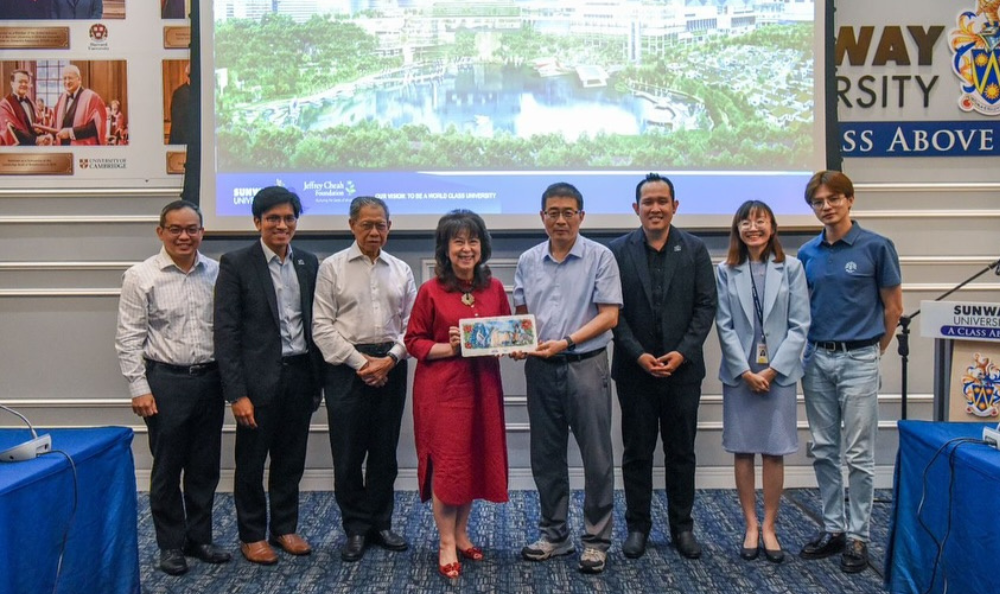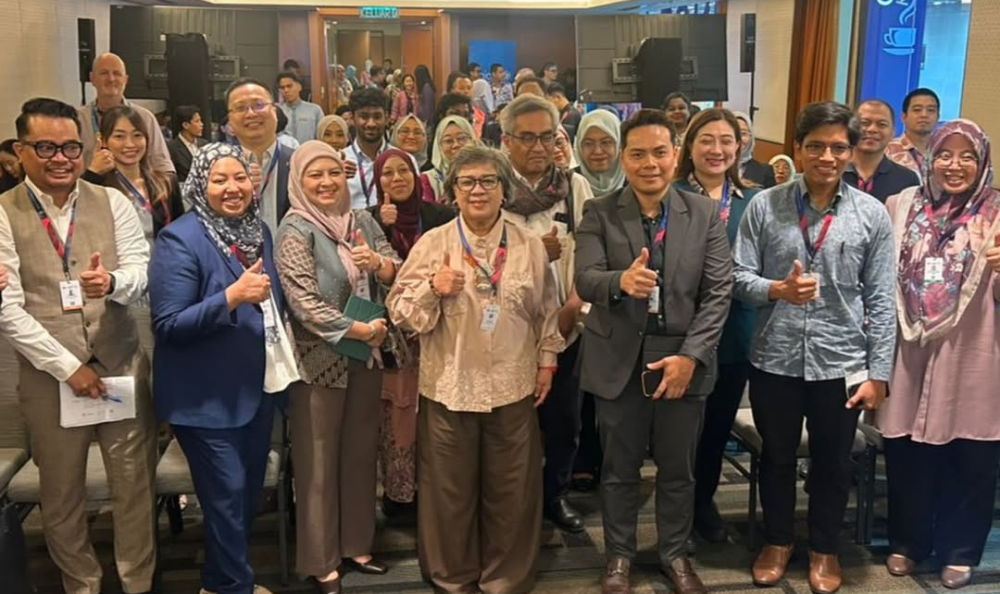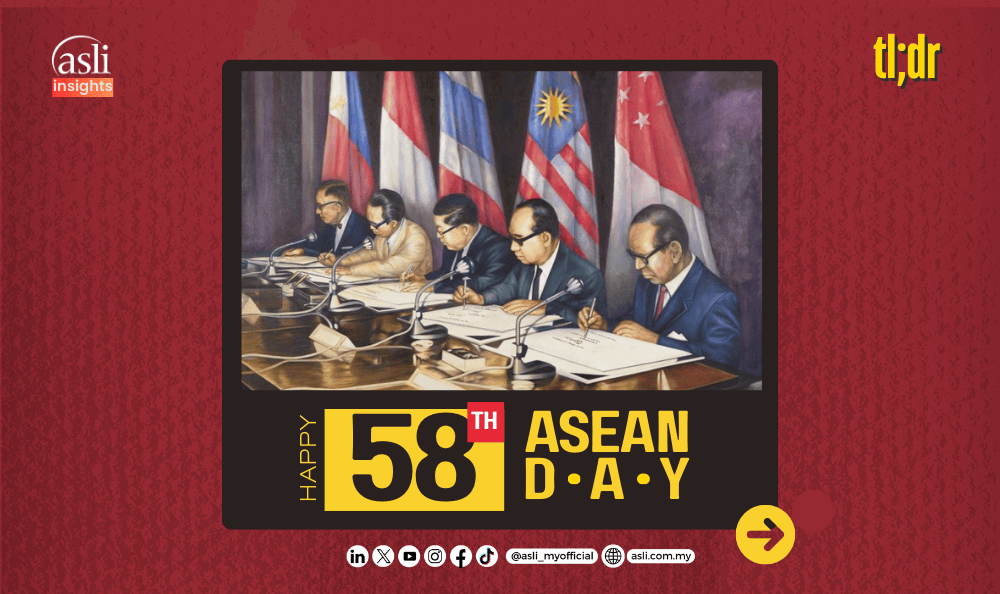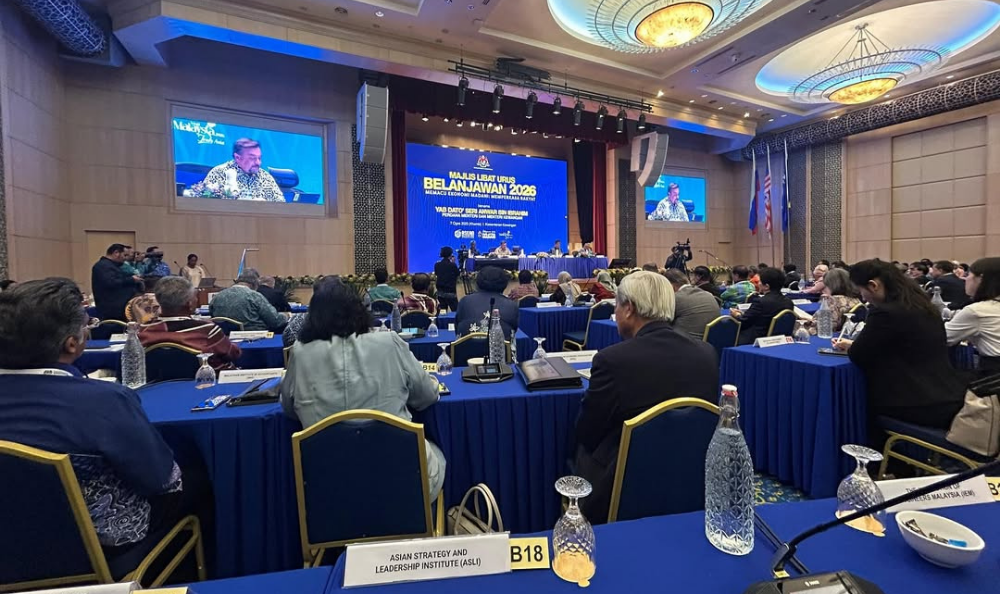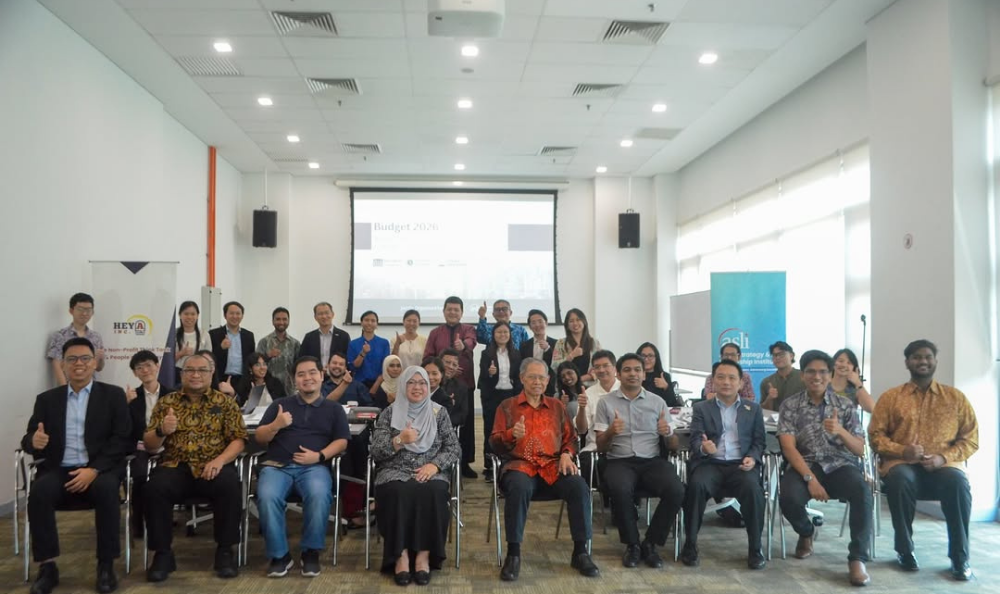.png)
ASLI INSIGHTS: Asia Unpacked | 03 October 2024
ASLI is back with more ASLI INSIGHTS: Asia Unpacked!
Stay tuned for more top news in Asia handpicked by ASLI and for our curated weekly roundup!
This week’s Asia top news:
1) Malaysia secures RM70 Billion in Foreign Tech Investment
Malaysia is rapidly emerging as a leading data centre hub in Southeast Asia, with projections indicating an inventory increase of about 4 gigawatts (GW) over the next four to five years. Major investments from tech giants are fueling this growth: Oracle is committing $6.5 billion, Amazon has invested $6.2 billion, Microsoft is putting in $2.2 billion, and Google recently announced a $2 billion data centre. These initiatives are expected to generate significant economic growth and create thousands of jobs, with Google’s investment alone projected to create 26,500 jobs by 2030. Johor Bahru is emerging as a key market, expected to grow substantially from a low base. However, rising concerns about energy and water usage are prompting local authorities to implement stricter guidelines to ensure sustainable development amid this rapid expansion.
Read more:
- https://www.thestar.com.my/business/business-news/2024/10/02/oracle-to-invest-more-than-us65bil-in-ai-and-cloud-computing-in-malaysia
- https://bernama.com/en/news.php?id=2346460
- https://www.cnbc.com/2024/06/17/malaysia-emerges-as-asian-data-center-powerhouse-amid-booming-demand.html
2) Shigeru Ishiba Chosen as Japan’s New Prime Minister
Shigeru Ishiba was elected Japan's 102nd Prime Minister on October 1, 2024, following his leadership win in the ruling Liberal Democratic Party (LDP). His administration aims to restore public trust amid a political funds scandal, revitalise the economy, and strengthen national defence against threats from China, North Korea, and Russia. Ishiba plans to dissolve the lower house on October 9, calling for a snap election on October 27 to secure a broader mandate. His cabinet includes rivals and allies, with key roles for Katsunobu Kato and Yoshimasa Hayashi. Ishiba emphasises the need for a balanced relationship with the U.S. and a new security framework for Asia.
Read more:
- https://asia.nikkei.com/Politics/Japan-s-new-PM/Shigeru-Ishiba-chosen-as-Japan-s-new-prime-minister-by-Diet
- https://www.channelnewsasia.com/east-asia/japan-shigeru-ishiba-confirmed-new-prime-minister-set-unveil-cabinet-4650921
3) Philippines Prepares for Mid-Term Elections Amid Political Tensions
Candidate registration has begun in the Philippines for the May 2025 midterm elections, which are expected to feature a significant rivalry between President Ferdinand Marcos Jr. and former President Rodrigo Duterte. Approximately 70 million Filipinos are eligible to vote for 18,280 positions, including 12 Senate seats and various local offices. The elections are seen as a test of Marcos’ popularity and a chance for the Duterte family to reassert influence after their political alliance weakened. Tensions have escalated over budget cuts to Vice President Sara Duterte’s office and allegations of misconduct. The campaign may also be influenced by concerns over China's growing presence in the region, which has emerged as a key election issue. Both camps are vying for control to shape future policies and potential presidential candidates for 2028.
Read more:
- https://www.thestar.com.my/aseanplus/aseanplus-news/2024/10/02/marcos-duterte-battle-in-focus
- https://thediplomat.com/2024/10/philippines-opens-candidate-registration-period-for-mid-term-elections/
4) Myanmar Seeks Regional Support with Upcoming ASEAN Summit Attendance
Myanmar's military government plans to send Foreign Ministry permanent secretary Aung Kyaw Moe to the ASEAN summit in Laos on October 9, marking its first participation in four years. This follows a de facto ban on high-level representation since the February 2021 military takeover. ASEAN previously allowed only "non-political" representatives from Myanmar, but is expected to accept this compromise. The agenda will likely focus on Myanmar's progress in implementing ASEAN's five-point consensus aimed at resolving the crisis, as well as humanitarian aid. While some ASEAN members, like Laos and Cambodia, are more supportive of Myanmar, divisions remain over how to engage with the military government, complicating future discussions.
Read more:
5) Indonesia Inaugurates 732 Members of the People’s Consultative Assembly
On October 1, Indonesia inaugurated 732 members of the People's Consultative Assembly (MPR) for the 2024-2029 term, including 580 from the House of Representatives (DPR) and 152 from the Regional Representative Council (DPD). Mdm Puan Maharani, the daughter of former president Megawati Soekarnoputri, was re-elected as House Speaker, receiving unanimous support from her party, the Indonesian Democratic Party of Struggle (PDI-P). The PDI-P faces decisions regarding its role in the coalition led by President-elect Prabowo Subianto, who commands a supermajority in the DPR. The new assembly includes many incumbents, raising concerns about corruption, while also featuring celebrity candidates and political dynasties, which could affect governance and public trust.
Read more:
- https://www.channelnewsasia.com/asia/indonesia-parliament-pdip-puan-maharani-comedians-celebrities-4653791
- https://www.bernama.com/en/news.php?id=2346598
🌱 Empowering Leaders, Advancing Societies.
